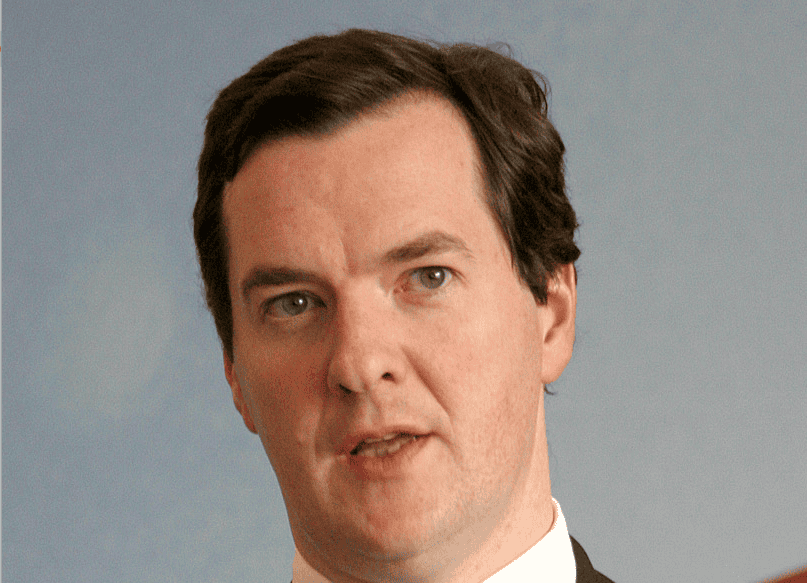The Low Pay Comission (LPC) has urged ministers to raise the UK minimum adult wage by 3%.
The LPC called on the UK government to raise the adult minimum wage from £6.50 to £6.70 an hour. This would be the largest real terms rise since 2007.
For 18-20 year-olds, workers aged 16 and 17, and apprentices, the increase would mean their pay would rise to £5.30, £3.87 and £2.80 per hour respectively.
If Chancellor George Osborne accepts the proposal, the new minimum wage would go into effect in October.
Business Secretary Vince Cable said:
“If this recommendation were accepted, the value of the minimum wage would be higher than when we came to office in 2010 and we are now making good progress towards restoring the value it lost during the financial crisis,”
“I will now study these recommendations and consult my Cabinet colleagues with a view to announcing the final rates in the next few weeks.”
“It does so impartially and without political interference. No government has ever rejected the main rates since it was established 15 years ago.”
“It is important that it is able to continue to do its work 10 weeks before a general election.”

The increase is still shy of what Osborne had hinted at last year.
Last year Mr Osborne said that the minimum wage could go higher.
“If the minimum wage had kept in line with inflation it would be £7,” he said.
“Because we’re fixing the economy, because we’re working through our plan, I believe Britain can afford above-inflation increases in the minimum wage and make sure we have a recovery for all and that work pays.”
Should the LPC have proposed a bigger boost?
The Trades Union Congress (TUC) general secretary Frances O’Grady said that a bigger boost should have been proposed.
“It is good that the minimum wage is set to go up more than average earnings, but if the recovery is really as strong and sustained as the Chancellor claims, the commission could have been braver and given Britain’s lowest paid workers a bigger boost.”
“We also need much bolder action to give those on the lowest pay a fair share of the recovery, including new modern wages councils to set higher minimum rates in industries where employers can afford to pay more.”
The Confederation of British Industry (CBI) welcomed the news.
Katja Hall, CBI deputy director-general, said:
“The LPC has struck a careful balance. As the economic recovery cements, the commission has reconciled a desire to reflect this in pay packets while recognising that productivity growth – the key to sustainable pay rises – remains weak.”
“We welcome the commitment to review next year’s rise if the improved business environment doesn’t materialise.”
“The national minimum wage has been one of the most successful policies of our time thanks to the independent recommendations of the commission, helping many low-paid workers without damaging their job prospects.”
“Any artificial increase due to political expediency will help no one and ultimately damage one of the most successful government policies in recent years.”
